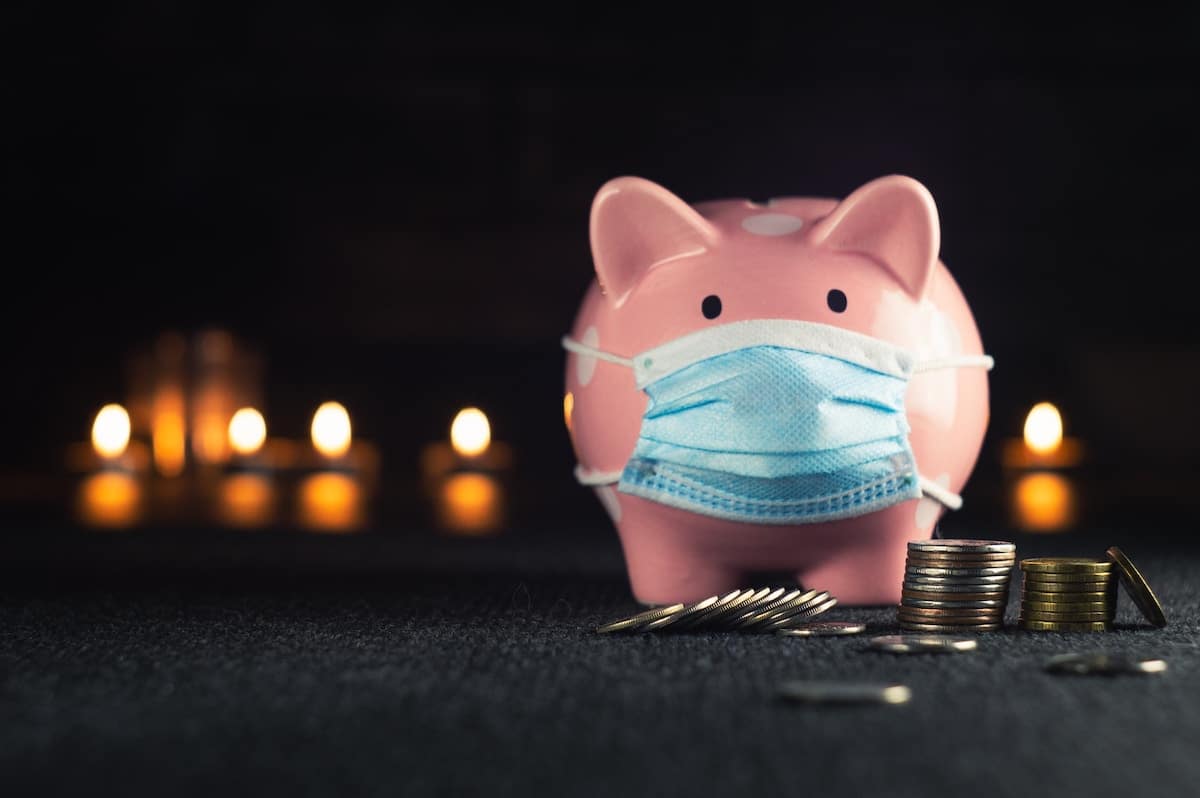Securing a personal loan during a recession can be a tricky process. An economic downturn increases the odds that a borrower may be unable to make monthly payments. This means lending is risky for banks and other financial institutions. Borrowers may have their worries, too; increased economic insecurity may mean fewer borrowers are keen to access credit.
However, there are instances when getting a personal installment loan during an economic downturn makes perfect sense. If you’re on the fence, here are three ways to use an installment loan to your advantage, even during a recession.
1. Debt consolidation
Debt consolidation involves paying off one or more high-interest debts using a single personal loan. Though this doesn’t reduce the total amount you owe, it replaces multiple monthly payments with just one. You may also benefit from a more manageable monthly payment. Securing a loan with a lower interest rate means you’ll pay less interest overall.
Debt consolidation is an excellent strategy for anyone struggling to make payments on multiple credit cards.
2. Investing in yourself
Personal loan interest rates may dip during a recession since lenders are trying to attract borrowers. It’s a great time to invest in something that can help you maximize your earnings in the long term. Consider getting certified or learning an in-demand skill. You can also work with a career coach or a resume expert to help you land better employment opportunities.
Recessions are often accompanied by layoffs, so it’s a good time to build and market your employability and skills. A low-interest installment loan may help you do just that.
3. Emergency funds
Sudden car trouble or home repairs may upset your budget and leave you short of funds. While it’s ideal to dip into your savings or emergency fund in such situations, the reality is that not everyone has enough savings to deal with these issues efficiently.
A personal loan could help with any type of emergency. It provides the funds you need so you can work on solving the problem. Furthermore, some lenders process and disburse personal loans within a matter of days, so you’ll get access to the funds quickly.
What to remember when borrowing during a recession
You already know that lenders tighten up their selection criteria during a downturn. They’re more likely to lend to applicants that meet their eligibility standards and demonstrate sound financial habits. Here are some tips to keep in mind if you’re getting a personal loan during a recession:
- You’ll need a good credit score to be approved for a loan, so try improving yours before applying.
- You may need to provide proof of considerable assets or savings, especially if you’ve been laid off or have an inconsistent income.
- It’s essential to borrow an amount you can comfortably repay. Otherwise, you stand a chance of missing payments. This could damage credit, making you even more financially vulnerable during a recession.


